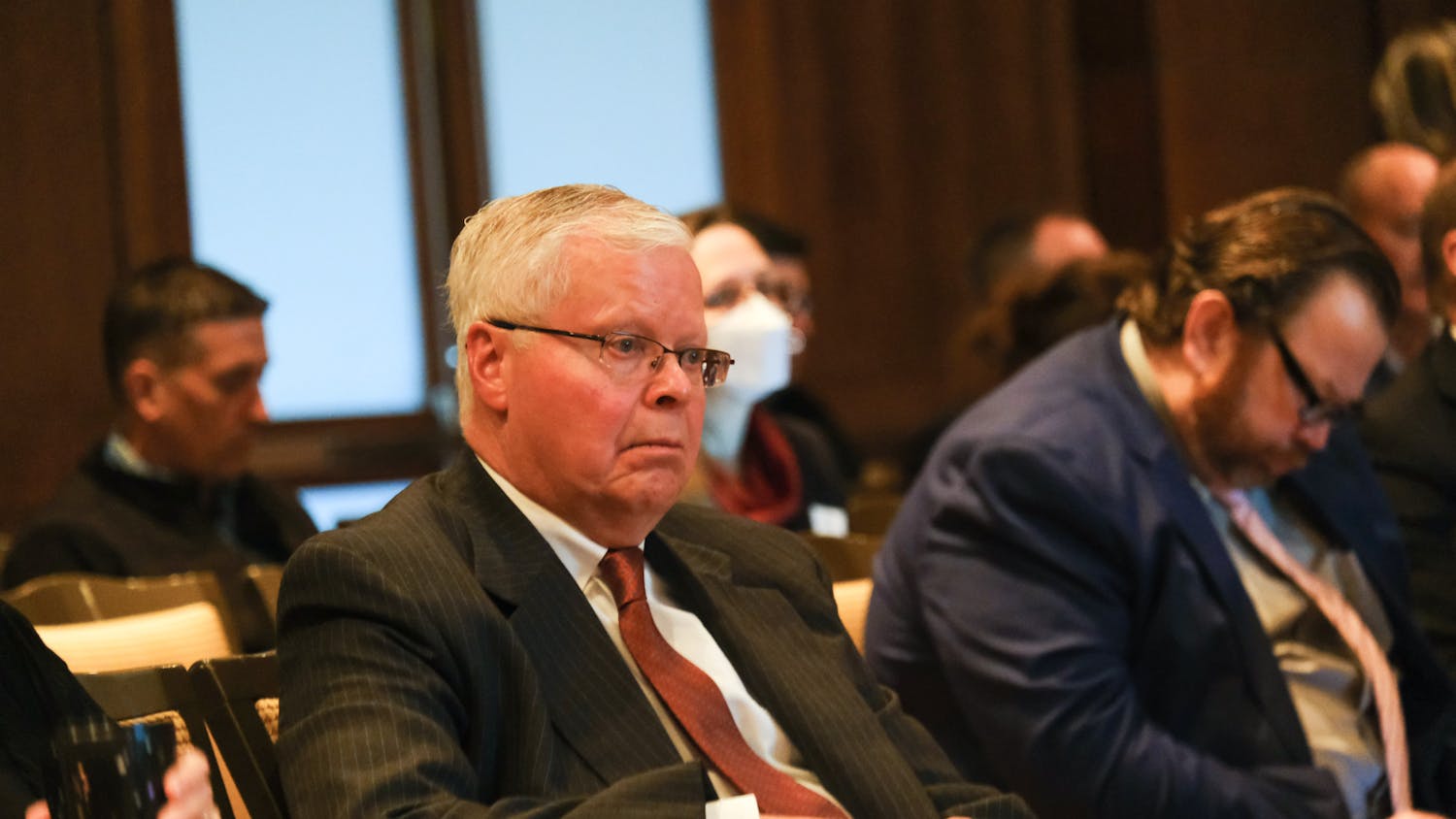Global indigenous crafts often have no demand in their own communities, where developing societies can’t afford or have no need for upscale decorative art. A group of UW-Madison students help to connect those crafts with more profitable U.S. markets.
Wisconsin Without Borders Marketplace is a nonprofit student organization that partners with artisans around the globe to promote economic, social and environmental equality.
The project started in 2011 with faculty who led a field course in global health in Ecuador, where they noticed the local women wanted to help their communities economically, but didn’t have the business know-how to do so.
Last spring, UW-Madison student Rebecca Gilbert helped officially register the group as a student organization to encourage students to get involved and expand their viewpoints on consumerism.
“I think locally it really gives people perspective as to where products are coming from,” Gilbert said. “Especially around the time of the holidays we have a lot of sales coming up and we kind of are pushing the global impact by giving people the chance to connect with someone in a different country than them.”
WWBM works with craftspeople in six underprivileged communities in Kenya, Ecuador and Mexico who have skills to make beautiful designs but can’t keep current on U.S. fashion market trends, often barring them from gaining any revenue from their crafts.
Members of the student organization bridge the gap between the local artisans and U.S. consumers by developing sustainable business plans, while School of Human Ecology students in the Global Artisans: Design and Sustainability class work online with local crafters to design profitable products.
Students then buy these products directly from partner artisans, who can use the money for education, health care and food that they might not otherwise be able to afford. WWBM members sell inventory at the Robin’s Nest Cafe, online and at on-campus sales events. All profits from sales are used to expand the program.
The group not only works to expand its artisan base, constantly cycling through new craftspeople until they no longer need WWBM’s help, but also to expand locally to other retailers.
Gilbert, now the WWBM co-director, traveled to Ecuador last summer, where she worked with the local artisans face-to-face and got to see the program’s impacts firsthand. A group of Ecuadorian craftswomen used their profits to start a scholarship fund that ensures students have all the school supplies they need.
“It’s exciting to see that they’re not just using the money for themselves, but putting it back into their communities and getting acknowledgement for the work they’re doing for their communities,” Gilbert said.






